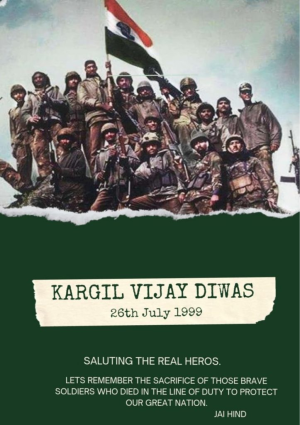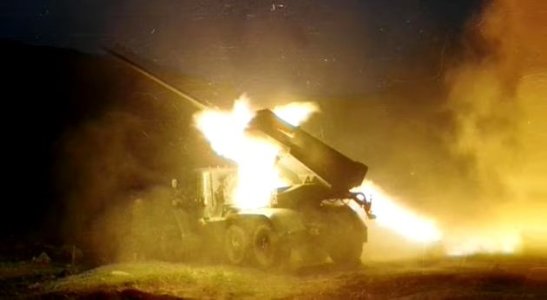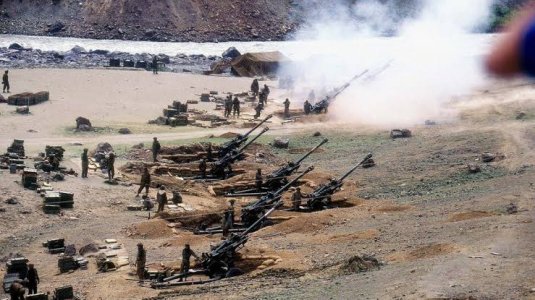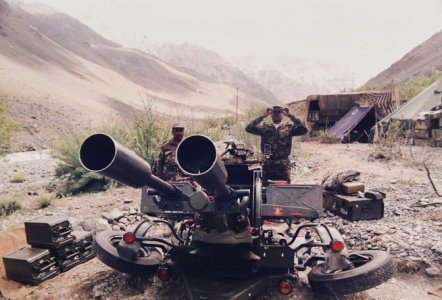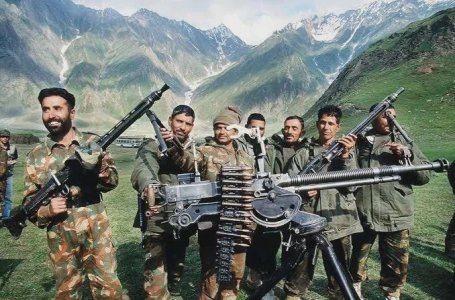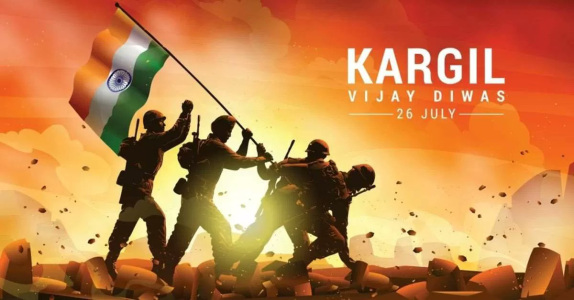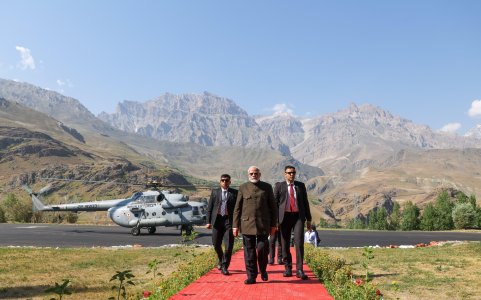- Joined
- Jun 27, 2024
- Messages
- 1,006
- Likes
- 3,124

25 years of Kargil war: When Indian armed forces achieved near impossible
The Kargil conflict had driven home a message to Pakistan that India would not tolerate adventurism even under Islamabad’s umbrella of nuclear weapons


